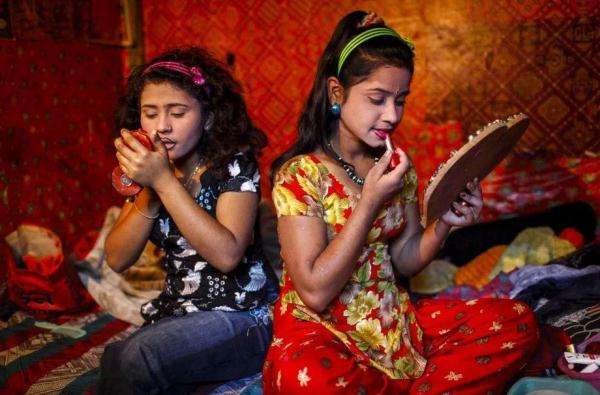

法律和漏洞
Laws and loopholes
當我們全力以赴抗擊這種瘟疫時,我們必須對未來幾年我們希望看到的變化有一個愿景。目前,有許多法律和法令保護婦女免受此類犯罪,其中包括1860年《刑法典》第375和376條、《防止壓迫婦女和兒童法》、1980年《禁止嫁妝法》和2010年《家庭暴力(預防和保護)法》。
As we go all out to fight this plague, we must have a vision of the changes we want to see in the coming years. At present, there are many laws and decrees to protect women from such crimes, including articles 375 and 376 of the criminal code of 1860, the prevention of oppression of women and children act, the dowry Prohibition Act of 1980 and the domestic violence (prevention and protection) act of 2010.
然而,幾乎沒有實施。更糟糕的是,政策框架中存在許多漏洞,繼續阻礙對犯罪人的起訴。《刑法典》第375條規定,已婚夫婦之間未經同意的性交(前提是妻子年滿13歲)不構成強奸,必須修正該條,以承認婚內強奸,這是孟加拉國最常見的IPV形式之一。
However, there is little implementation. Worse, there are many loopholes in the policy framework that continue to impede the prosecution of offenders. Article 375 of the Criminal Code stipulates that sexual intercourse between married couples without consent (provided that the wife has reached the age of 13) does not constitute rape and must be amended to recognize marital rape, one of the most common forms of IPV in Bangladesh.
掃一掃在手機打開當前頁